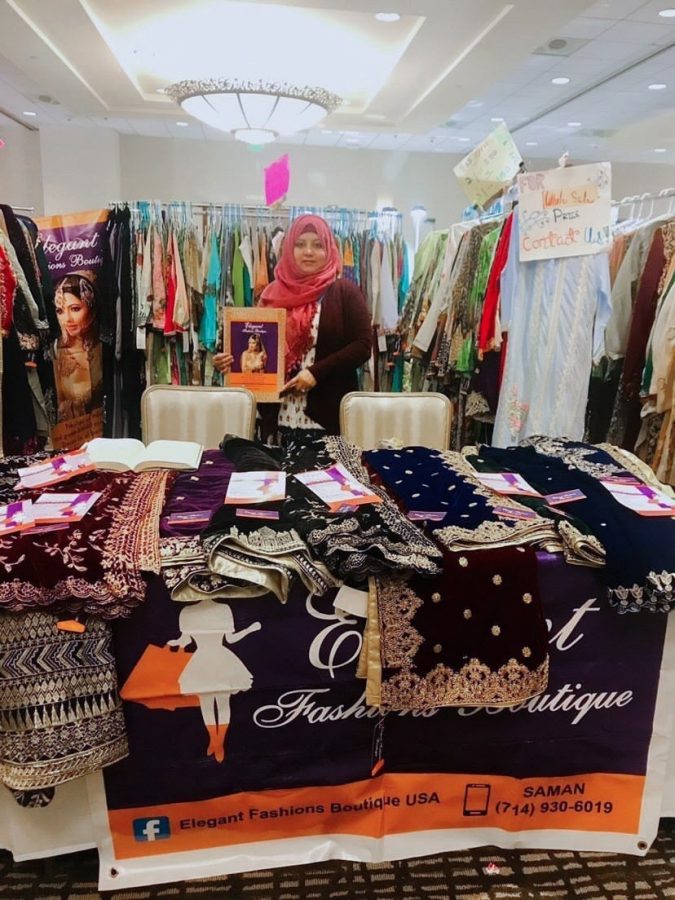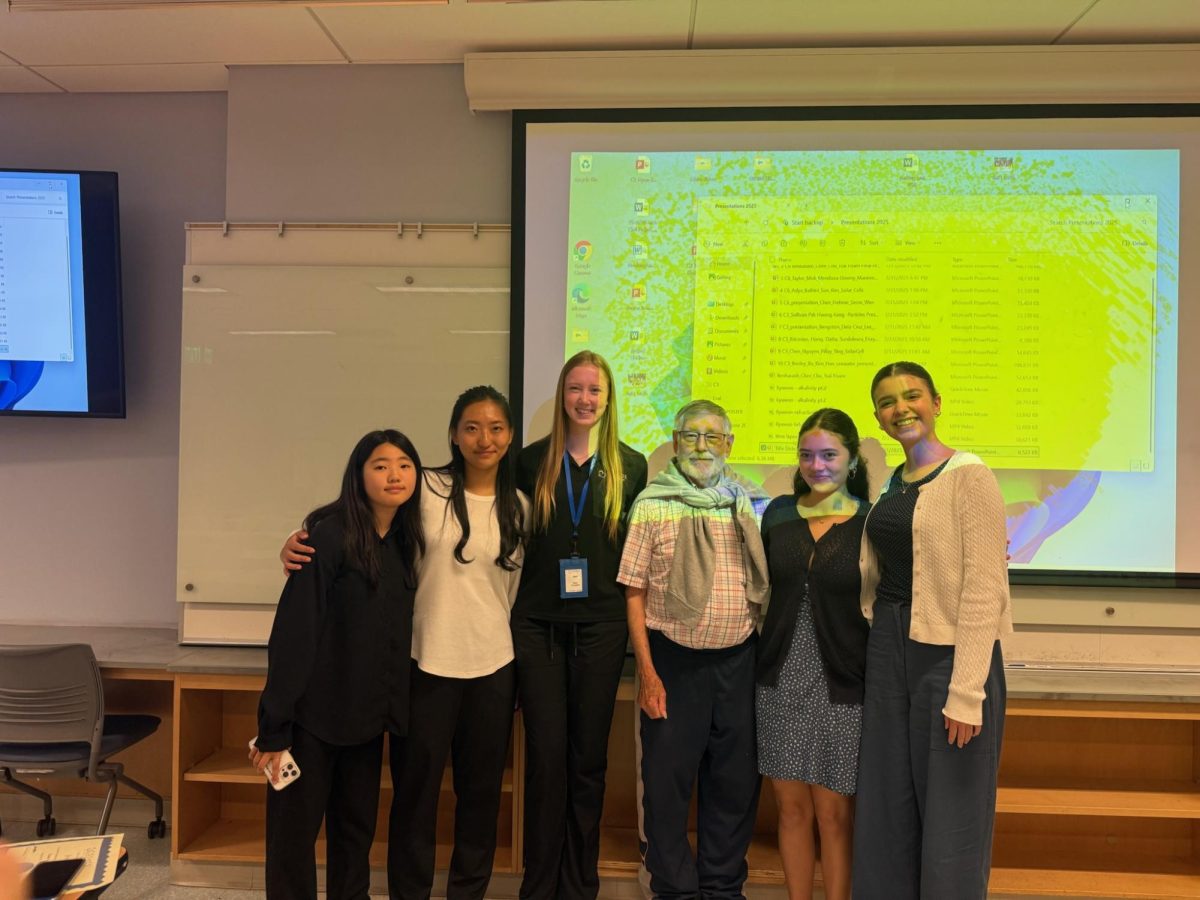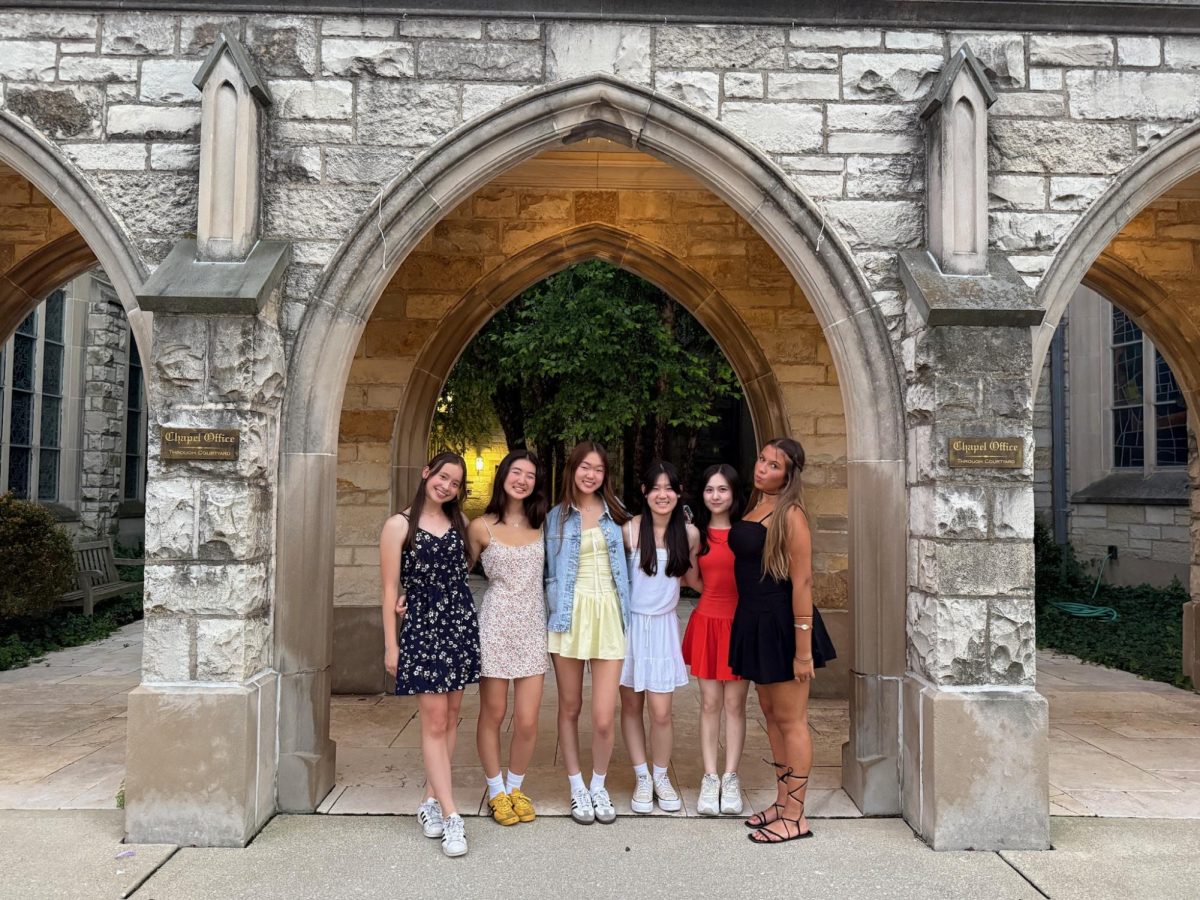Waking up at 9 a.m. on a typical Sunday to find a new shipment at our front door, my mom and I struggle to carry the brown filing-cabinet-sized box inside. She carefully cuts off the tape, and we unpack the clothing packaged in airtight plastic bags.
These are items of clothing representing the Pakistani, Indian and Bangladesh people, collectively known as Desi. We spend the next three hours counting these before we iron and hang them in anticipation of the next SNS Designs exhibition, where Desi vendors display their goods such as jewelry and clothing.
After the preparation, she seems visibly tired but also excited to see her usual clients again, in addition to the new ones she’ll meet at the Knott’s Berry Farm Hotel’s grand room.
On the day before an exposition, my mom picks out a new outfit beforehand since we’ll have to arrive at the location by 8 a.m. to set up our stall.
I’ve seen firsthand my mom’s passion and dedication to her craft; like many other small business owners, she’s persevered even when profits run low.
Although my mom only started her boutique two years ago, she would frequently set up for expositions at the Knott’s Berry Farm Hotel around once every month on Saturday, where other Desi cultural clothing and jewelry vendors would sell as well. Through expositions at various hotels and festivals such as Pakistan Day celebrations, she built a name for herself in our Desi community of Orange County and produced a 50-60% profit.
Getting access to well-made, traditional clothing tends to be difficult for members of the Southeast Asian community because of the far distance between those countries and America. My mother’s business provides Desis in the Orange County area with access to cultural clothing ranging from $20-$400 depending on the material, quality and embroidery. This allows them to avoid paying heavy shipment prices — a parcel around only 4.4 pounds can cost nearly $15 according to DHL Packet International.
With the pandemic, attending the events we used to would be unwise since many event hosts are choosing to put a halt on their work since they cannot reasonably accept responsibility for the health of the participants.
When not traveling to different locations, my mom would also let customers she knew come to our house at their request and browse through her racks of clothing. But taking into consideration the health of my 70-year-old grandmother, whom we see at least once a week, this couldn’t remain a possibility.
In February, my mom tirelessly prepared to convert our garage into a space for her business to allow customers to browse even after the holidays when exposition season ends. However, she halted her plans when she needed to help my younger siblings, who struggled to get a grasp on the sudden shift in routine to online learning without one on one help from teachers.
Just prior to the spread of COVID-19 in February, she received a new shipment of clothing she had ordered two months prior in preparation for expositions and events coming up.
Because she couldn’t sell these products, her business profits dropped drastically and probably won’t rise again until safety protocols allow people to be in confined places.
Fortunately, my family does not rely on my mom’s business as our main source of income. Even so, she put her all into her work and dedicated hours to producing a career she could be proud of, continuing to contact her clothing provider and stay up to date with the most popular styles in case she may be able to open back up. I hope she can stick with Elegant Fashions and, once possible, continues expanding to a broader market.
While the hours of work needed to manage my mom’s small business quickly drained our energy, her motivation pushed her to offer the best she could during one of history’s worst economic crises.
The disappointment and frustration of being unable to carry out the job she put hours into troubles her. Like the hundreds of small business owners fighting to stay afloat, she’ll continue striving for a successful practice by communicating with her customers and fellow vendors until we can start opening packages once again.














